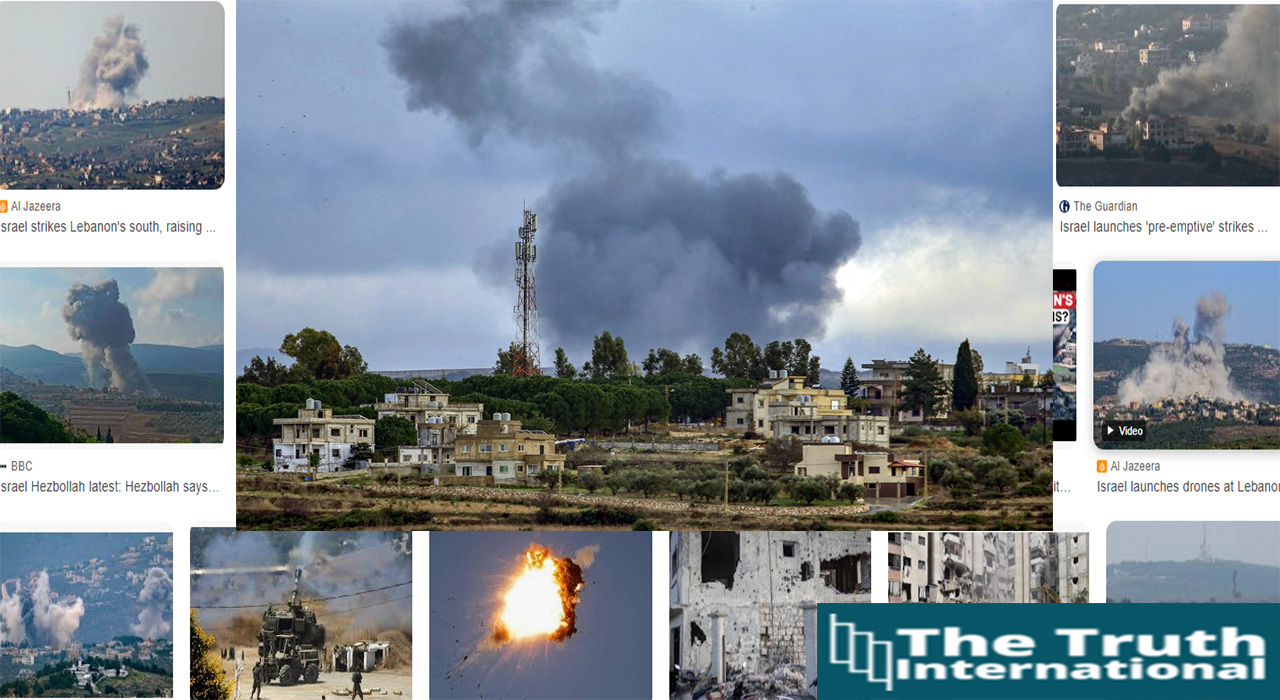The United States, France, and several allied nations have called for an immediate 21-day ceasefire along the Israel-Lebanon border, following intense discussions at the United Nations on Wednesday.
The ceasefire would apply to the “Blue Line,” the demarcation between Israel and Lebanon, and would provide an opportunity for both sides to engage in diplomatic talks aimed at resolving the conflict, according to a senior Biden administration official.
In a joint statement released by the White House, the countries urged both Israel and Lebanon to endorse the ceasefire without delay. The signatories included Australia, the United Arab Emirates, Saudi Arabia, and the European Union.
Israel expanded its airstrikes in Lebanon on Wednesday, resulting in at least 72 deaths and over 223 injuries, based on Lebanese health ministry reports. Israel’s military chief also hinted at the possibility of a ground invasion, heightening concerns that the conflict could ignite a broader war in the region.
The Biden administration has been working for several months to de-escalate tensions between Israel and Lebanon, with hopes of converting ongoing discussions into a broader agreement during the proposed 21-day ceasefire period. According to a senior White House official, President Biden has been focusing on the potential for a ceasefire in nearly every conversation with world leaders at the United Nations General Assembly.
Israel’s U.N. Ambassador, Danny Danon, stated ahead of a U.N. Security Council meeting that Israel would welcome a ceasefire and prefers a diplomatic solution. He accused Iran of fueling regional violence and asserted that dismantling Iran’s influence was essential for peace.
Meanwhile, Iran’s Foreign Minister Abbas Araqchi reiterated his country’s support for Hezbollah and cautioned that Iran would not remain passive if the conflict in Lebanon worsened.
Lebanese Prime Minister Najib Mikati welcomed the ceasefire call but emphasized that its success would depend on Israel’s commitment to international resolutions. He expressed optimism that a ceasefire could be reached soon.
World leaders voiced concern about the rapid escalation of violence, especially as it runs parallel to Israel’s conflict with Palestinian Hamas militants in Gaza, both of whom are backed by Iran. As civilian casualties rise and thousands flee their homes in Lebanon, Israeli Prime Minister Benjamin Netanyahu is expected to address the U.N. General Assembly on Friday after arriving in New York on Thursday.
The conflict in Lebanon has also placed increased political pressure on President Biden, who has been seeking a ceasefire in Gaza for nearly a year without success. The growing violence in Lebanon adds urgency for the administration to find a diplomatic resolution, especially as Biden faces criticism in the run-up to the 2024 presidential campaign.
On Wednesday, Israel intercepted a missile launched by Hezbollah aimed at the Mossad intelligence headquarters near Tel Aviv. Israeli officials stated that the missile, a heavy projectile, was headed for civilian areas rather than the Mossad building and was neutralized before reaching its target.
In the meantime, Israeli forces have been preparing for a potential ground incursion along the northern border with Lebanon. Israeli airstrikes have intensified, targeting Hezbollah strongholds in southern Lebanon and the Bekaa Valley, displacing hundreds of thousands of residents. Lebanese hospitals have been overwhelmed with the wounded, with over 550 people killed in Lebanon on Monday alone — the deadliest day in the country since the end of its civil war in 1990.
Hezbollah continues to retaliate by launching rocket barrages into Israel. On Wednesday, large crowds in Beirut’s suburbs attended the funeral of two senior Hezbollah commanders killed in Israeli strikes. Israeli air raids continue to target southern Lebanon and Hezbollah-held areas further north, as Israel prioritizes securing its northern border and returning tens of thousands of residents displaced by the conflict.










